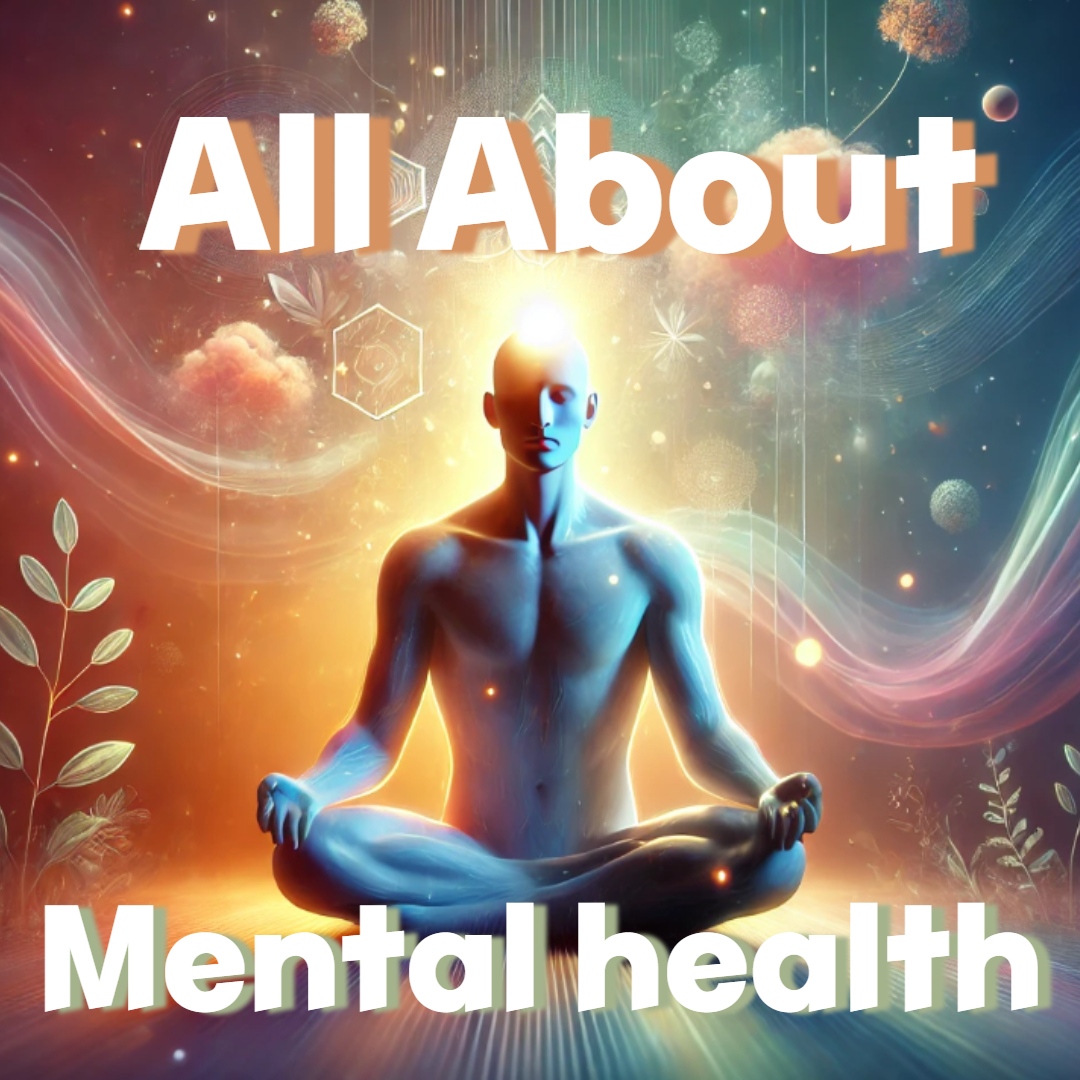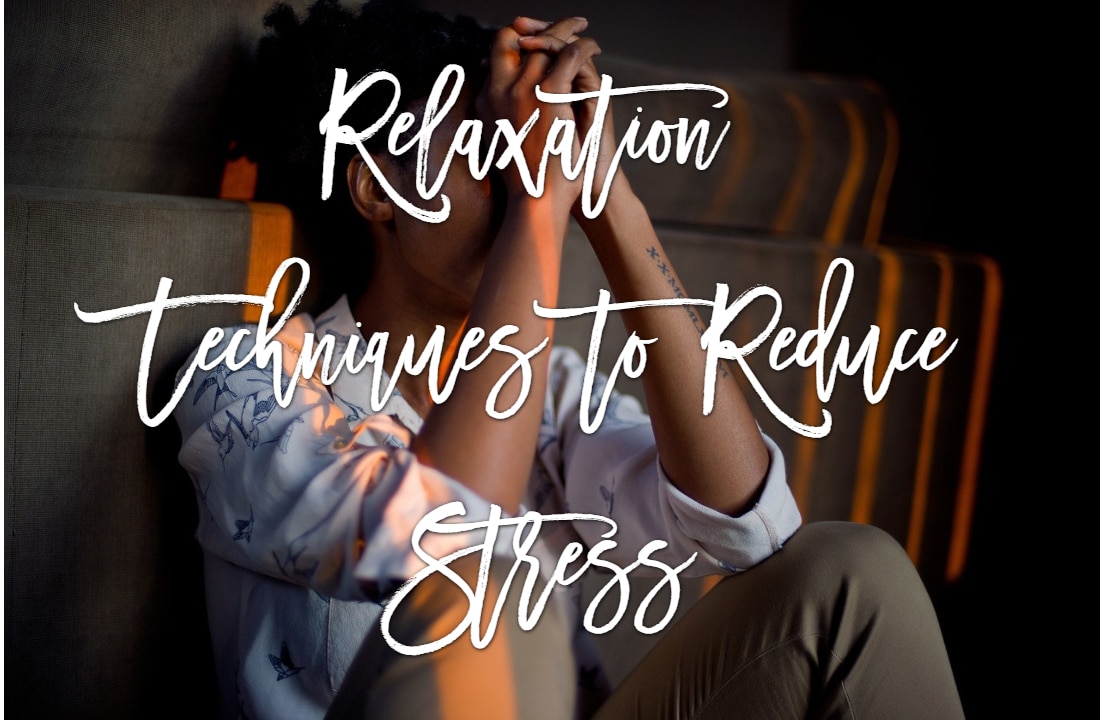Mental health is a crucial aspect of our overall well-being, yet it often goes unnoticed or unaddressed until it becomes a significant issue. Recognizing the early signs of mental health concerns and taking proactive steps can make a big difference in how we manage our emotional and psychological health. From physical exercise to mindful social media usage, there are many ways to nurture mental well-being. In this article, we’ll explore how to recognize mental health issues, the benefits of regular exercise, nutrition, social media impact, self-care practices, breaking the stigma around mental health, and coping with loneliness.
What Are the Early or starting Signs of Mental Health Issues?
Recognizing the early signs of mental health issues can be tricky because symptoms often start subtly. Whether in yourself or others, it’s essential to pay attention to changes in behavior, mood, and thought patterns.
Common Early Signs:
- Mood Swings – Sudden or intense shifts in mood, from extreme happiness to irritability or sadness, could signal a mental health issue.
- Social Withdrawal – Avoiding social situations or feeling detached from loved ones is often an early indicator.
- Lack of Interest—Losing enthusiasm for once-enjoyed activities, like hobbies or work, can be a red flag.
- Changes in Sleep Patterns – Difficulty falling asleep, sleeping too much, or experiencing insomnia can indicate stress, anxiety, or depression.
- Fatigue and Low Energy – Constant exhaustion and a lack of motivation can be a sign of deeper mental health issues.
- Concentration Issues – Difficulty focusing or making decisions, even on small tasks, may be an early sign of a mental health challenge.
How Can Regular Physical Exercise Positively Impact Mental Health?
Physical exercise is not just good for your body; it’s equally beneficial for your mind. Engaging in regular physical activity has been shown to boost mental health in several ways.
Benefits of Exercise for Mental Health:
- Reduces Anxiety and Stress – Exercise triggers the release of endorphins, which are natural mood lifters. Even a short workout can help reduce feelings of stress and anxiety.
- Improves Mood – Regular exercise can alleviate symptoms of depression and provide a sense of accomplishment and motivation.
- Boosts Self-Esteem – Achieving fitness goals, even small ones, can improve your confidence and body image.
- Improves Sleep – Regular exercise helps regulate your sleep patterns, which is crucial for mental health. Poor sleep often exacerbates mental health issues.
What Role Does Nutrition Play in Maintaining improving Good Mental Health?
What we eat directly impacts how we feel, think, and process emotions. Nutrition plays a vital role in maintaining good mental health, and certain foods can boost brain function and improve emotional well-being.
Nutritional Tips for Mental Health:
- Omega-3 Fatty Acids – Found in fatty fish like salmon, flaxseeds, and walnuts, omega-3s are known to support brain health and reduce symptoms of depression.
- Whole Grains – Complex carbohydrates like oats, brown rice, and quinoa help stabilize blood sugar, providing a steady source of energy for your brain.
- Leafy Greens – Vegetables like spinach, kale, and broccoli are packed with nutrients that protect against inflammation, a condition linked to mental health disorders.
- Fermented Foods – Foods like yogurt, kimchi, and kombucha promote gut health, which has been increasingly linked to improved mental health due to the gut-brain connection.
How Does Social Media Usage Affect Mental Health?
Social media is a double-edged sword. While it allows us to connect with others, it can also have negative effects on mental health if used excessively or mindlessly.
Negative Impacts of Social Media:
- Comparison Trap – Constantly comparing yourself to others’ highlight reels can lead to feelings of inadequacy or depression.
- Cyberbullying – Negative comments, trolling, or online harassment can severely impact self-esteem and mental well-being.
- Addiction and Overuse – Scrolling mindlessly through social media for hours can lead to anxiety and poor sleep.
Ways to Use Social Media Mindfully:
- Set Time Limits – Limit your daily social media usage to avoid falling into the overuse trap.
- Curate Your Feed – Follow positive accounts that uplift and inspire rather than ones that make you feel bad about yourself.
- Take Breaks – Periodically unplug from social media to refresh your mind and reduce digital fatigue.
What Are the Best Self-Care Practices for Managing Stress and Anxiety?
Self-care is essential for managing stress and anxiety. It’s about taking intentional actions that promote your emotional, physical, and mental well-being.
Effective Self-Care Practices:
- Meditation and Mindfulness – Practicing mindfulness or meditation for even 10 minutes a day can calm your mind and reduce anxiety.
- Journaling – Writing down your thoughts & feelings can help you process emotions and reduce stress thinkings.
- Set Boundaries – Learning to say no & managing your workload can be prevent burnout.
- Stay Connected – Social support is crucial for mental health, so make time to talk to friends, family, or a therapist regularly.
How Can One Break the Stigma Around Seeking Help for Mental Health Issues?
Despite progress in raising mental health awareness, there is still a stigma around seeking help. Breaking this stigma is essential for encouraging more people to get the support they need.
Ways to Break the Stigma:
- Talk Openly – By sharing your experiences with mental health, you can help normalize the conversation for others.
- Educate Yourself and Others – Understanding mental health conditions and their treatments can help dispel myths and misinformation.
- Seek Professional Help – Going to therapy or counseling should be seen as a strength, not a weakness. Encourage others to seek help when needed without judgment.
What Are Some Effective Ways to Cope with Feelings of Loneliness or Isolation?
Loneliness and isolation can be emotionally draining, but there are ways to cope and find connection.
Tips for Coping with Loneliness:
- Reach Out – Even if it feels hard, making the effort to connect with someone, whether through a phone call or a text, can help ease feelings of isolation.
- Join a Group – Whether it’s a hobby group or a support community, finding others who share your interests can foster meaningful relationships.
- Volunteer – Helping others is a great way to connect with people while giving you a sense of purpose.
- Limit Social Media – While it may seem like a way to connect, too much social media can exacerbate loneliness. Instead, prioritize in-person interactions when possible.
Conclusion
Mental health is a complex and integral part of our overall well-being, and recognizing early signs of issues is crucial for maintaining emotional balance. Physical exercise, good nutrition, mindful social media use, and effective self-care practices all play vital roles in promoting mental well-being. Additionally, breaking the stigma around seeking help for mental health challenges can encourage more people to seek support when needed. By being proactive and mindful, we can nurture not only our physical health but also our mental and emotional well-being.
FAQs
- What are some small lifestyle changes that can improve mental health?
Incorporating regular physical exercise, practicing mindfulness, and maintaining a balanced diet are all small changes that can have a big impact on mental health. - How can I recognize if someone I know is struggling with their mental health?
Watch for changes in mood, social withdrawal, and alterations in sleep or appetite. If you notice someone exhibiting these signs, it’s a good idea to check in with them. - Are there any specific foods that improve mental health?
Yes, foods rich in omega-3 fatty acids, whole grains, leafy greens, and fermented foods can all support brain health and improve mood. - What is the connection between social media and mental health?
Excessive social media use can lead to anxiety, depression, and feelings of inadequacy. Mindful use of social platforms can help mitigate these effects. - Why is it important to break the stigma around mental health?
Breaking the stigma encourages more people to seek help for mental health issues, creating a more supportive and understanding society.

